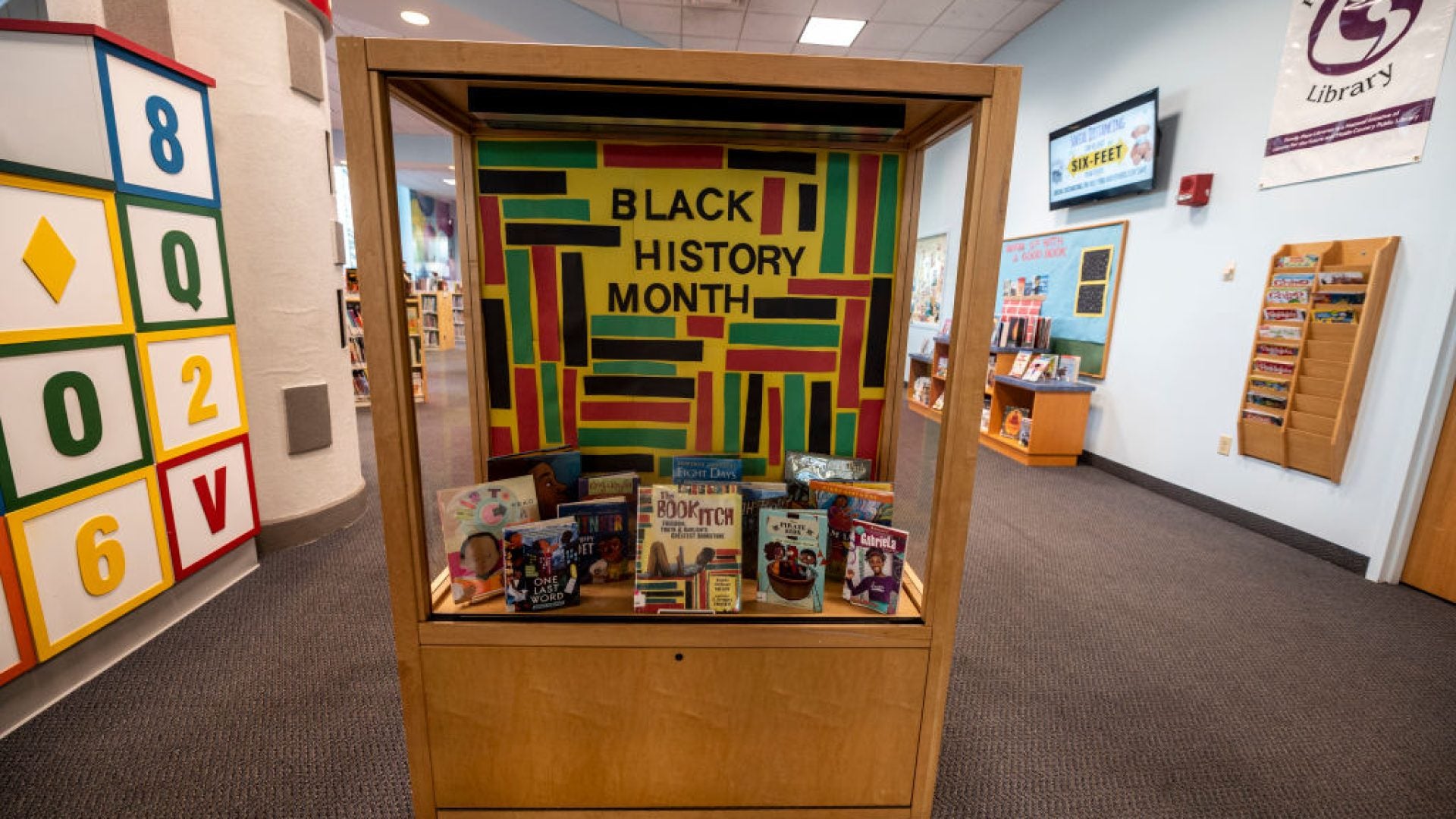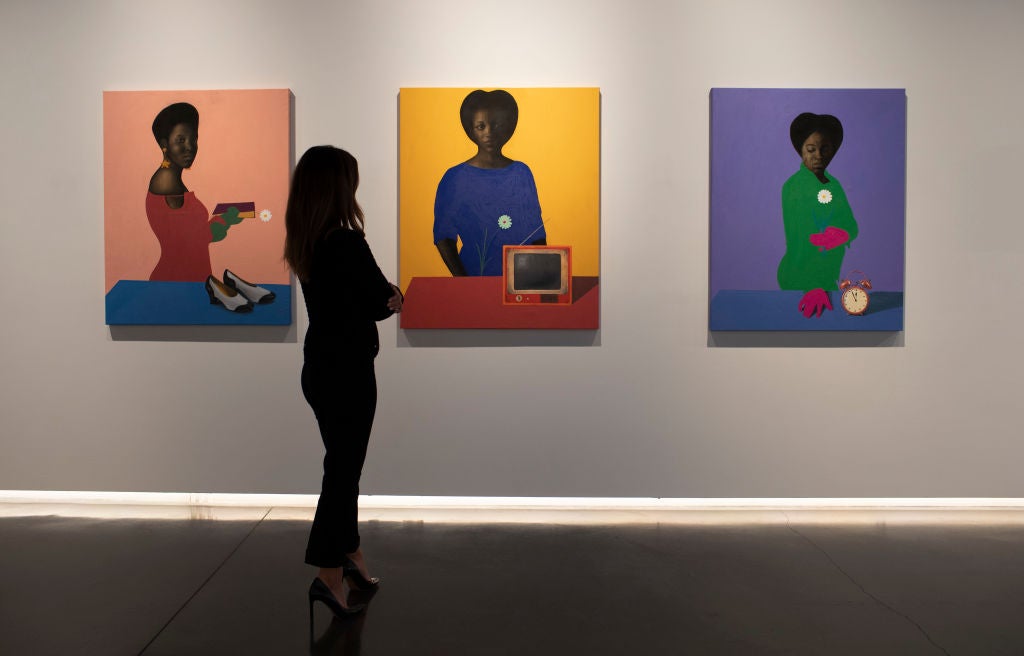
Every February, people in the United States highlight the history, achievements and impact of Black Americans as part of the celebration of Black History Month.
The month-long celebration recognizing the contributions of Black people to the United States evolved from “Negro History Week,” which was started in 1926 by historian Carter G. Woodson and the Association for the Study of Negro Life and History (ASALH). The week in February was chosen because it includes the birthdays of famed abolitionist, author, and orator Frederick Douglass and President Abram Lincoln, who issued the Emancipation Proclamation.
The week-long event became Black History Month in 1976 when Gerald Ford extended recognition for the often overlooked accomplishments of black people throughout the nation. Black History Month has been celebrated annually in February in the United States since then.
While the celebration of the month is well known in the United States, Black people’s impact and influence extend far beyond US borders. Many nations around the world recognize the significance of the contributions of Black people and celebrate them. Learn more about some of these global celebrations, several of which also take place in February while others happen in other months throughout the year.
Canada
Since the early 1600s, when explorer Mathieu Da Costa first set foot on Canadian soil, Black Canadians and their communities have played an important role in shaping the country’s heritage and identity. However, the influence of Black Canadians and their communities in Canada has been said to have been largely ignored as an important part of Canada’s history.
The Ontario Black History Society (OBHS) successfully petitioned the province of Ontario to declare February as Black History Month in 1993. Following that success, the Honorable Jean Augustine, who was the first Black Canadian woman elected to Parliament, was approached with the idea of recognizing Black History Month across Canada.
Following the introduction of a motion by Dr. Augustine, the House of Commons declared February to be Black History Month in Canada in December 1995 with unanimous approval.
The month serves to educate many citizens unaware of the enslaved territories that existed in Canada, in addition to recognizing and honoring Black contributions. It is described as a time to “remember those who fought for Black people’s freedom.”
Germany
In Germany, Black History Month was established in 1990 by the Initiative Schwarzer Deutscher (ISD). It was the second European country to observe the month after the United Kingdom. The ISD and other organizations, such as Each One Teach One (EOTO), host online and in-person Black History Month events every February. After over 30 years, the movement continues to grow as a force of intellectual and social empowerment. During the celebration, Black communities from all over the country will have the opportunity to come together. In addition, the month hosts events centered on knowledge sharing, where people of color gather to discuss the history and diversity of the African Diaspora in Europe. The annual observance of Black History Month in Germany examines history from a black perspective, raises awareness of Afro-German identity, exposes institutional racism and highlights societal diversity.
Panama
May marks the celebration of Black Heritage Month in Panama. May 31 is known as Día de la Etnia Negra Nacional (National Black Heritage Day). The month celebrates the arrival of Africans and Antilleans to Panama and their impact on Panamanian culture.
The United Kingdom
In the United Kingdom, October marks Black History Month, which began in 1987. Ghanaian analyst Akyaaba Addai-Sebo organized the first one as a set of lectures celebrating what would start an “annual celebration of the contributions of Africa, Africans and people of African descent to world civilization from antiquity to the present.”

The Netherlands
Drawing on inspiration from Black History month in the United States and Canada, Dutch artistic director and former politician John Leerdam started Black Achievement Month or BAM in the Netherlands in 2015. The annual celebration takes place in October in collaboration with the National Institute for Slavery and Heritage (NiNsee). A variety of performances in the arts—including theater, dance, readings, and film—are planned to honor the Black community and its contribution to Dutch culture. BAM is primarily focused on the Netherlands, but it has many ties to the African diaspora worldwide, particularly in former Dutch colonies.
Australia
A proclamation issued in January of 2008 declared July 1-31 as “Blak history month in Australia.” The annual celebration was started in order to recognize and promote greater awareness of Australia’s rich Aboriginal and Torres Strait islander history and culture.
Costa Rica
Costa Rica declared August 31 as Día del Negro (Black Peoples Day) in the 1980s, which was later expanded to the celebration of Da del Negro y la Cultura Afrocostarricense (Black Peoples and Afro-Costa Rican Culture Day). Then in 2018, the country’s new law declared August as the Month of the History of African-Descended Peoples in Costa Rica. This date was chosen to commemorate the First International Convention of the Negro Peoples of the World, which concluded on August 31, 1920, with a ceremony in Madison Square Garden. In recent years, the country has set a National Agenda for the Commemoration of Afro-Costa Rican Culture to promote inclusion.